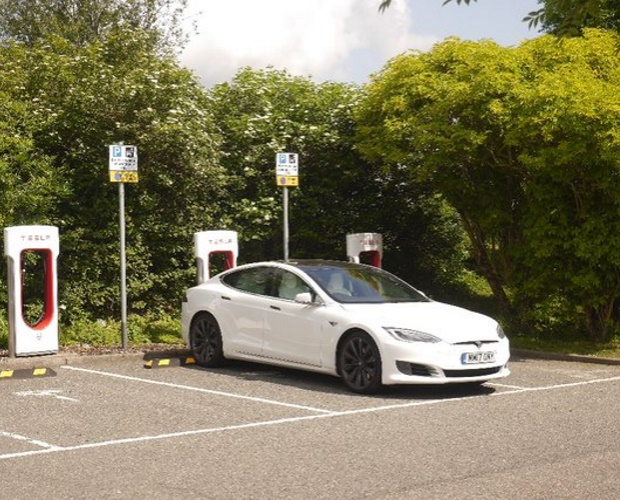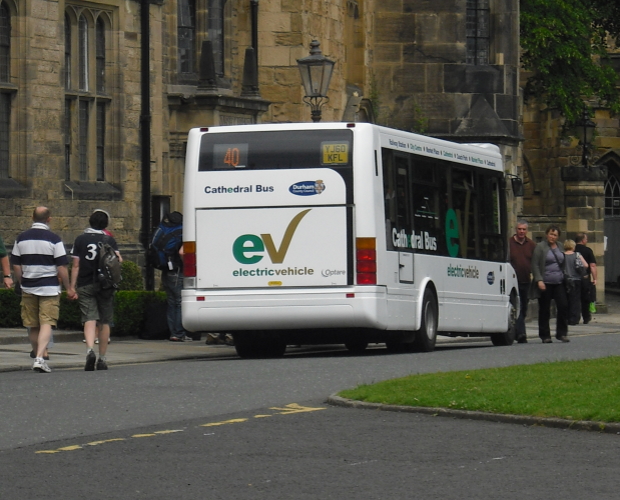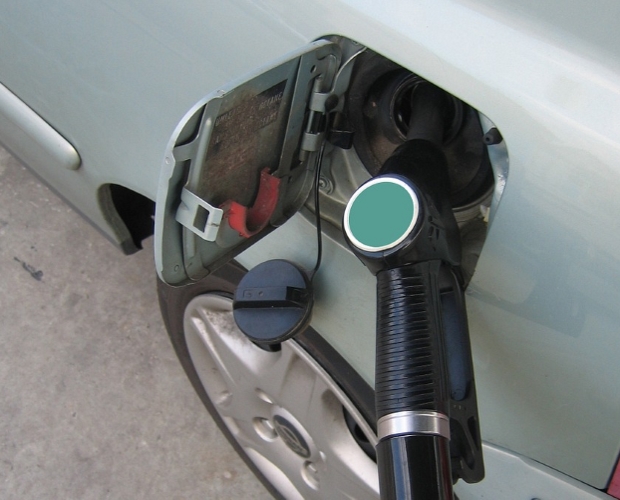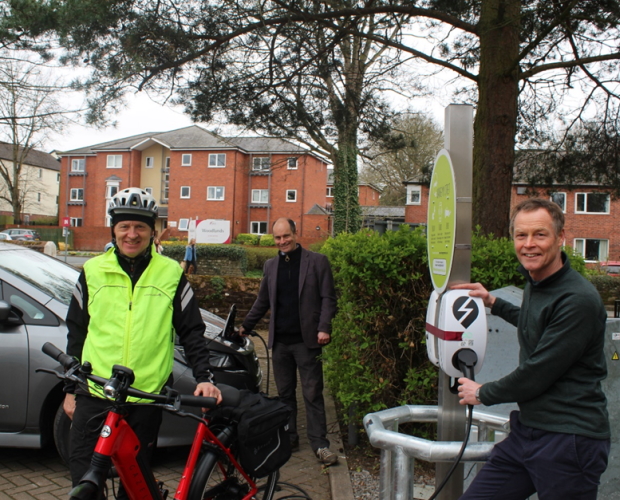T: 01822 851370 E: [email protected]
Visit RSN Survey about life in rural England to find out more.
Officials from the Government’s Office for Zero Emission Vehicles recently made a presentation to Defra’s Rural Impact Forum to update on progress and future programmes relating to support for electric vehicle charging point. The RSN is a member of that...
MPs on the Transport Committee have delivered a report containing a set of recommendations for the Government to boost the uptake of electric vehicles ahead of the net zero deadline, according to Transport and Energy This follows ongoing questions on...
The Telegraph reports that the company behind the "Boris bus" is using French batteries to bring environmentally friendly services to rural routes, after previously pledging to champion British manufacturing Wrightbus has unveiled its first electric-powered vehicle with a 200-mile range,...
The company developing energy storage technology to enable super-fast charging of electric vehicles, has secured a £545,000 grant from the Office for Zero Emission Vehicles, in partnership with Innovate UK, reports Renewable Energy Magazine The grant will support Levistor’s commercialisation...
The Guardian reports that Britain’s energy regulator, Ofgem, has approved a £300m investment to help triple the number of ultra-rapid electric car charge points across the country, as part of efforts to accelerate the UK’s shift to clean energy Ofgem...
Trade publication Autocar has reported on news that around 100 petrol stations were forced to pause sales last year due to the pandemic In 2019, 70 per cent of independent filling stations that were operating in 2000 shut their doors...
Two electric vehicle chargepoints and two charging sockets for e-bikes have been installed at Blain House in Penrith The electric vehicle chargepoints are the latest in a series of similar installations by Lancaster based community benefit society Charge My Street...
Publications including Fleet News have covered news that changes to the Workplace Charging Scheme (WCS) could mean that small accommodation businesses, such as B&Bs could benefit from the funding, helping rural areas The Department for Transport announced that the Electric...
On 30 September 2019 the Chancellor announced details about £220 million of commitments in 2020-21 to transform bus services in England This included a range of supporting measures, including a National Bus Strategy for England, measures to reduce congestion and...
NEWSLETTER
Sign up to receive all our latest news and updates.
HOT TOPICS
Amid reduced public spending, fair resource allocation across regions is crucial. Despite a population larger than Greater London, rural areas receive significantly less funding for essential services, even though delivering these services in rural areas is more expensive.
Economic growth is widely acknowledged as essential for national wealth and prosperity and is a priority for political parties. Rural economies, employing millions and home to a higher proportion of small businesses, have potential for growth if barriers are removed.
Rural residents face distinct healthcare challenges, including limited access to transport, longer distances to medical facilities, an aging demographic, housing inadequacies, digital connectivity gaps, and difficulties recruiting health and care workers.
Rural communities are grappling with a severe affordable housing crisis, marked by high house prices, a lack of affordable housing, elevated living costs, and lower incomes, threatening their sustainability and vitality.
Transport is vital for the quality of life and economic health of rural areas, yet it faces challenges such as infrequent public bus services and less Government funding compared to urban regions.
Rural areas, encompassing a substantial portion of England's population and land, play a pivotal role in combating climate change and achieving the net zero target.
In an increasingly digital world, the lack of robust digital infrastructure in rural areas severely limits access to crucial services and stifles economic growth.
A future-focused vision for rural communities involves not just building the right homes in the right places but also ensuring thriving, sustainable communities.
SIGN UP TO OUR NEWSLETTER
Sign up to our newsletter to receive all the latest news and updates.







